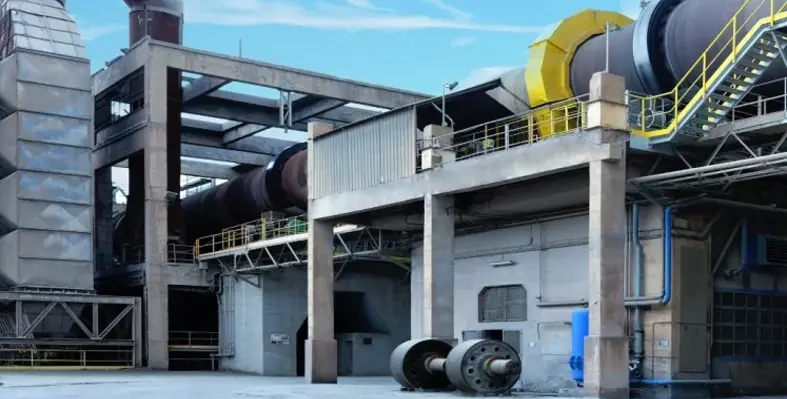Cemex, a global construction materials company, has introduced a newly-developed innovative approach to decrease CO2 emissions from cement production
The process, known as clinker micronisation, involves reducing the size of clinker particles to reduce cement clinker factor per ton when combined with the use of proprietary admixtures. This results in a lower carbon footprint without lowering from the highest global cement strength standards. Hatched in the company’s Research and Development Center in Switzerland, the clinker micronisation process has been labelled as a creative alternative to additional clinker grinding and can help enhance efficiency.
Fernando González, CEO of Cemex, remarked, “We are finding new ways to boost our decarbonisation roadmap in the production of cement and concrete. We remain committed to achieving our ambitious 2030 decarbonisation goals on the path to becoming a Net Zero company by 2050.”
Achieving carbon neutrality
This commitment has seen the company take on one of the most carbon-intensive parts of the cement manufacturing processes in the production of clinker. And it appears to have done so with success as industrial scale production trials have validated R&D findings. These have shown that the adoption of clinker micronisation has the potential to reduce the clinker factor in cement by 50%, significantly accelerating progress towards the company’s decarbonisation goals.
Certainly, such an announcement is in-keeping with a general, globe urge to reduce the carbon intensity of cement and concrete, a phenomenon that has also permeated the African continent.














